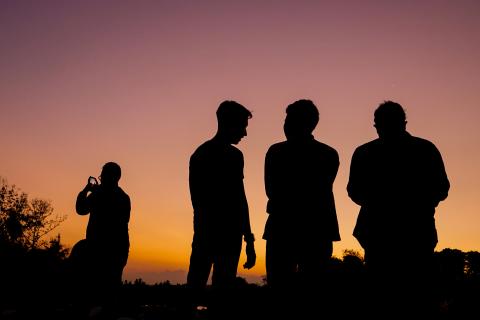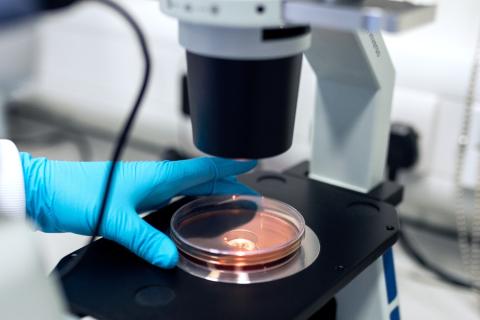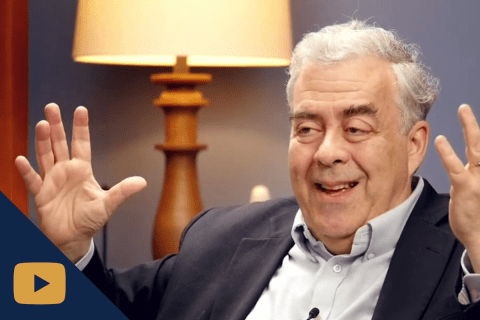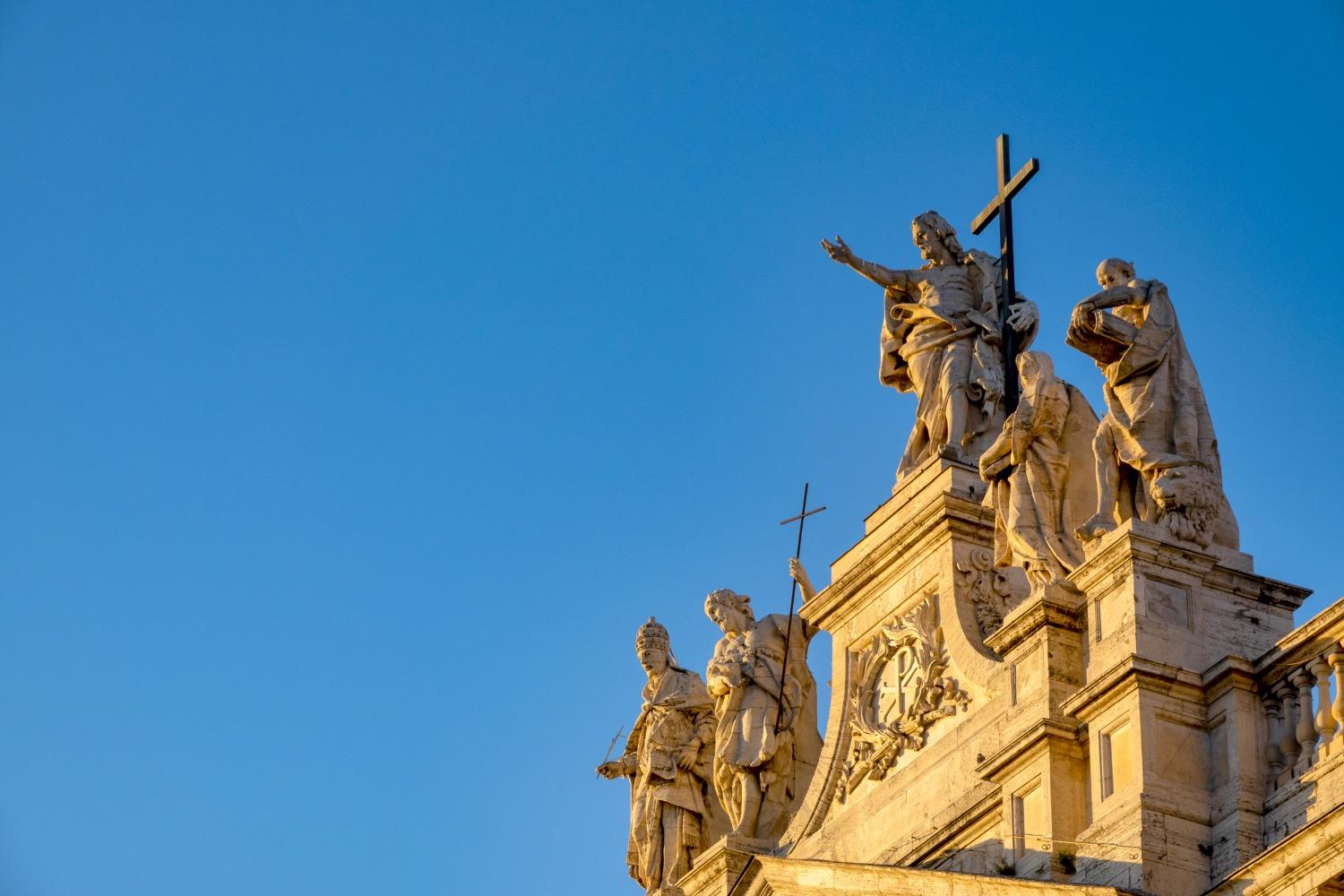
The following homily was delivered by Bishop David Kagan on November 9, 2022, at the University of Mary's annual Gold Mass for Scientists.
The Gold Mass falls this year on the Feast of the Dedication of the Lateran Basilica, the Mother Church of Christendom and, until 1309, the seat of the Successors of St. Peter. What relevance does this Feast have for us as we celebrate the Gold Mass?
As beautiful and imposing as the Lateran Basilica is, what it is as a visible sign has everything to do with what we celebrate. St. John the Evangelist records for us that very fact of the life of faith lived in harmony with science. “Zeal for your house will consume me.” In other words, faith guided by and strengthened by the Church’s Magisterium provides the basis for scientific research, inquiry, study, and teaching. The Lateran Basilica represents the constant and authoritative teaching of the Church in the persons of the Popes and Ecumenical Councils in all matters of faith and its right living.
How should you understand this consuming zeal for God’s Church? As Catholic scientists do you consider regularly that your research and teaching are done in and under the light of your Catholic faith, express your zeal for the Lord’s house, His Church, and help the world understand its authoritative teachings? Do you transmit with conviction to others the truth of your research and study in and under the light of your Catholic faith? Do you allow your Catholic faith to deepen your desire for the truth of the physical world so as to enhance its beauty and to deepen your love for the One Who has created all things and set them in motion to fulfill His design for all of creation?
St. John Henry Cardinal Newman aptly described his era and presciently has described our own times in which you live and work. He preached the sermon at the opening of St. Bernard Seminary in Olton, England and he said this: “I know that all times are perilous, and that in every time serious and anxious minds, alive to the honor of God and the needs of man, are apt to consider no times so perilous as their own... Still, I think that the trials which lay before us are such as would appeal and make dizzy even such courageous hearts as St. Athanasius, St. Gregory I, or St. Gregory VII. And they would confess that dark as the prospect of their own day was to them severally, ours has a darkness different in kind from any that has been before it... Christianity has never yet had experience of a world simply irreligious.”
The irreligiosity described by Newman has descended upon our times with a vengeance. It is the intentional product of decades of an atheistic humanism that has attempted to divorce science from faith and reduce religion to something like comfort candy. Its ultimate purpose is to exalt man as his own master and reduce the God of faith to a meaningless superstition.
The Catholic Church has always defended faith as the sure and certain foundation for real science because as St. Thomas Aquinas put it, God is not ens summum (that is the highest being), but rather God is ipsum esse (that is the act of being itself) which is to say, God is not a being among beings, but instead the reason why there is an empirically observable universe at all.
To be true to your vocations as Catholic scientists means that you bring to your work your faith and that obedience of faith to the Church’s Magisterium. This is what gives your research and teaching real gravitas. This is what helps your students recognize that there is no conflict in the relationship between faith and science, but that it is a relationship of mutual respect because it has a single source, God Who is ipsum esse.
“Zeal for your house will consume me.” May your zeal for the truth consume you in your work and may you find in your work the source of your zealous faith, God Who is the Lord of all life.
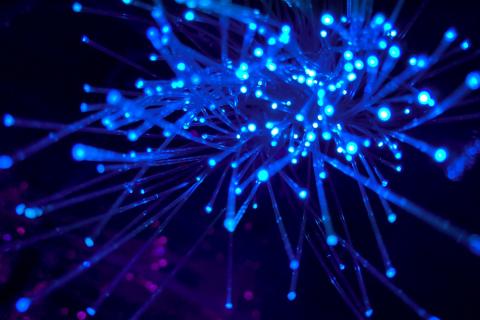
A Letter Concerning Catholic Physicists
What difference does it make if a professor of physics is a Catholic?
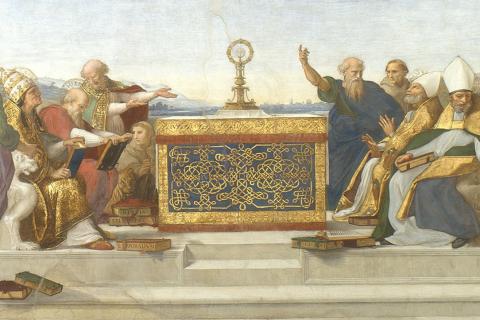
Sacramental or Scientistic?
While scientism denies the existence of anything beyond the material world, the Christian sacramental vision affirms the existence and intermeshing of realities visible and invisible.

Explorations of a Catholic Mind
Fr. Robert Spitzer offers a Catholic perspective on culture, science, and apologetics and provides insights on what it takes to ensure that a Catholic university stays true to its religious mission.
